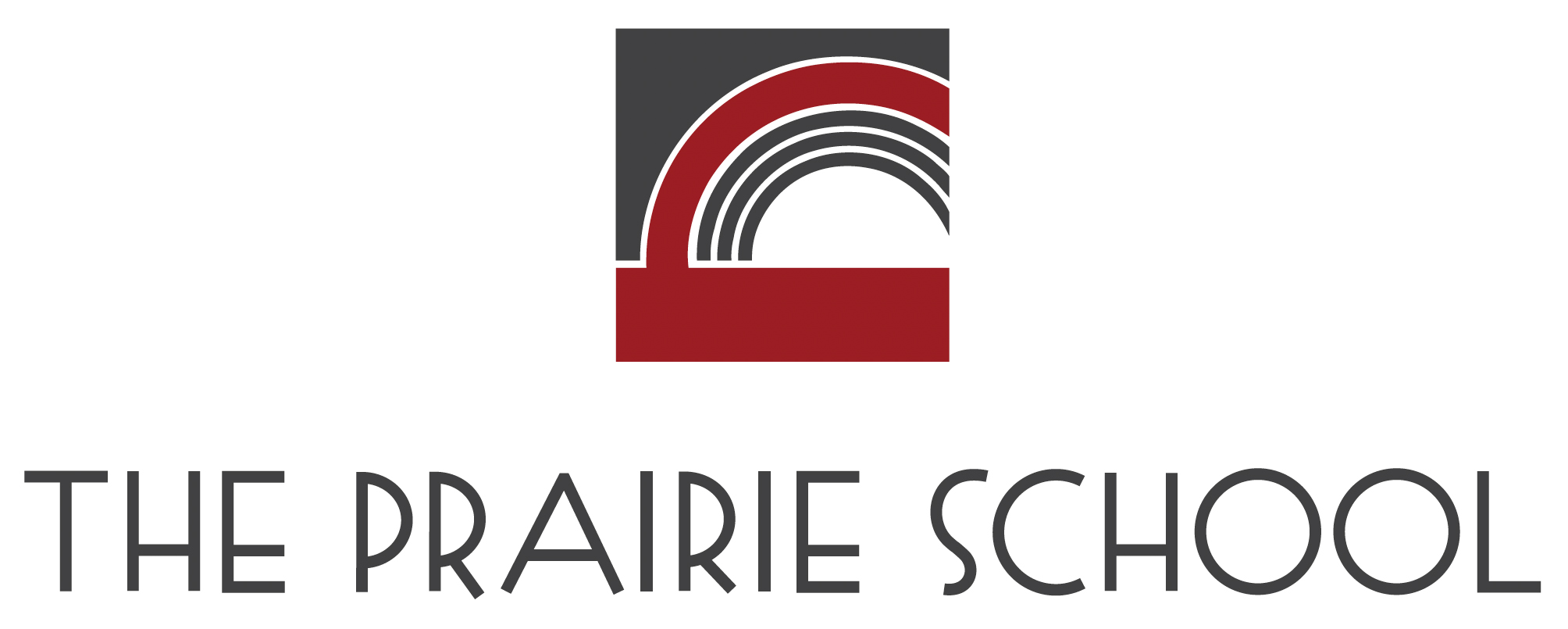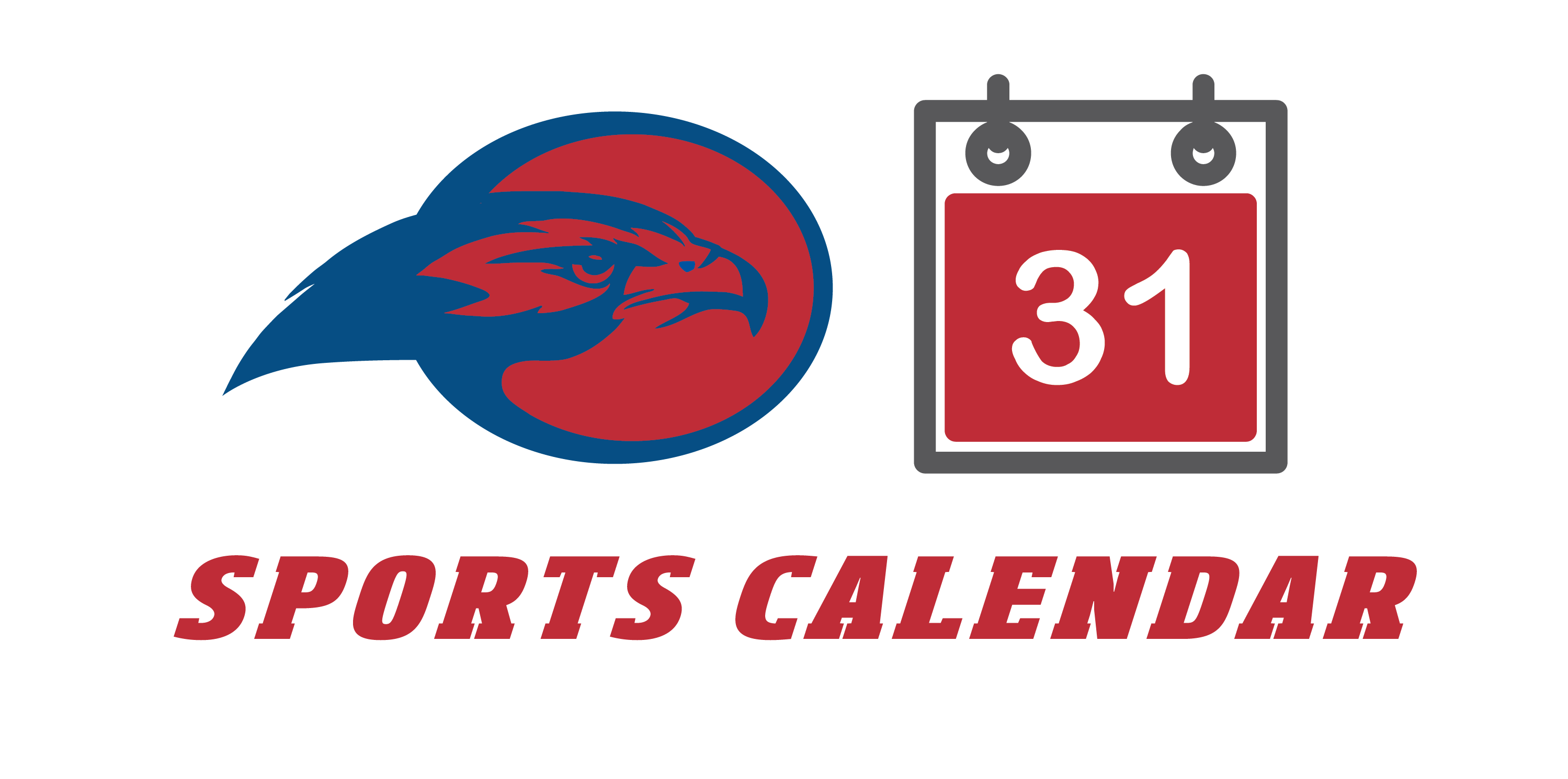The college counseling process spans all fours years with an emphasis on supporting students and their families as they determine their goals, assess their strengths, and determine which schools will offer the best opportunities for growth. We encourage students AND parents to follow our guidelines and recommendations as they move through the process.
Click on the appropriate tab to view important planning steps for each grade.
Freshmen
Creating a Foundation
- Become familiar with SCOIR—we’ll introduce you (early fall).
- Create a working college résumé. Mock up a list of your extracurricular, service, and work activities, beginning in grade 9 (and update it every year of high school). Include only those activities of some import (not the one time you served at a food bank, for instance), categorize them by nature of activity, and note for each the most salient details, including special achievements or awards, positions held, leadership roles, and number of hours per week and weeks per year you invested.
- Complete personality type and career interest inventories—we’ll introduce you (YouScience in SCOIR, BigFuture by College Board).
Family Programs
- Attend some of our family programs:
- College Financial Aid Seminar (early-November)
- Mock Admissions Case Studies (mid-October)
- College Admission Experts Panel (late January)
- Informational Evening for Freshman and Sophomore Parents (mid-February)
- Prairie College Fair (mid-March)
Your High School Story
- Consult with your advisor and teachers to sketch out appropriately challenging four-year course plan options (February). Investigate various college websites to learn more about the high school course programs that colleges typically require and desire. Selective colleges like to see that you have challenged yourself commensurate with your abilities.
- Work hard and participate actively in classes. Your GPA is cumulative!
- Pursue continuing extracurricular interests and explore new activities with an eye to developing depth in areas of strong interest.
- Read good writing—fiction or nonfiction—as much as possible. Active readers have a stronger vocabulary and are better writers, and the best way to prepare for the SAT and ACT is to learn well in school and read extensively.
- Plan to make productive use of summer via enrichment like camps, courses, special programs, work, volunteer service, worthwhile reading, etc.
Sophomores
Easing into the College Search
- Attend three or four college visits at Prairie (fall). See scheduled visits on the College Counseling calendar.
- Attend one or more national college fairs in the Milwaukee-Chicago area (fall). Events are promoted in the Weekly.
- Make a few official visits to college campuses for a tour and information session. Visiting a few colleges in sophomore year can clarify your understanding of college expectations and help you order high school priorities accordingly as you approach junior year. Consider visiting a mixture of large and small schools to begin comparing the advantages of each type. Before you schedule campus visits, see your College Counselor for a quick primer on how to set up and make the most of them.
- Update your college résumé. Mock up a list of your extracurricular, service, and work activities since grade 9. Include only those that are of some import (not the one time you served at a food bank, for instance), categorize them by nature of activity, and note for each the most salient details, including special achievements or awards, positions held, leadership roles, and number of hours per week and weeks per year you invested.
- Complete personality type and career interest inventories, even if you did so in grade 8 or 9 (ex. YouScience in SCOIR, BigFuture by College Board). Things change, including you!
Family Programs
- Attend some of our family programs:
- College Financial Aid Seminar (mid-September)
- Mock Admissions Case Studies (mid-October)
- College Admission Experts Panel (late January)
- Informational Evening for Freshman and Sophomore Parents (mid-February)
- Prairie College Fair (mid-March)
Standardized Testing
- Take the PreACT for practice—we automatically register you to take it at Prairie (March).
Your High School Story
- Consult with your advisor and teachers to ensure an appropriately challenging four-year course plan (February). Consult your College Counselor as needed.
- Continue to work hard and participate actively in classes.
- Continue to pursue and develop depth in extracurricular interests.
- Continue to read extensively.
- Plan to make productive use of summer via enrichment through camps, courses, special programs, work, volunteer service, worthwhile reading, etc.
Juniors
College Counseling Classes and Conferences
- Absorb all you can in our 8-part junior course on the college search and application process (completed in English class hours, January to May).
- Meet with your College Counselor individually and then again with your parents to share information and develop a college list (appts. scheduled November to May).
- Update your college résumé. Mock up a list of your extracurricular, service, and work activities since grade 9. Include only those that are of some import (not the one time you served at a food bank, for instance), categorize them by nature of activity, and note for each the most salient details, including special achievements or awards, positions held, leadership roles, and number of hours per week and weeks per year you invested.
- Complete our College Application Survey—we’ll get you started (spring).
- Consider your junior-year and senior-year academic teachers for possible letters of recommendation. If you’re certain of one or two junior-year teachers you want to ask, do so in the spring so they can write your letter during the summer if they wish. Otherwise, consider your choices over the summer and plan to ask teachers first thing in the fall of your senior year.
- Draft possible college essays during the summer—we’ll get you started in our class and summer workshops.
Researching Colleges
- Attend several college visits at Prairie (fall). See scheduled visits on the College Counseling calendar.
- Research colleges via their websites. After we meet with you and your parents, we’ll build a list of suggested colleges in SCOIR.
- Consider attending a college fair (fall).
- Schedule campus visits, ask questions of Admission Officers by email or phone, etc., as needed.
- Visit several college campuses, including “safety” and “reach” schools. It’s best to go while colleges are in session, but summer’s good enough if that’s your only option. We’ll prepare you in class on how to make an official campus visit. Where required or possible, schedule an interview unless you plan to revisit the campus in fall of senior year and can interview then. Requesting an interview demonstrates your interest and enthusiasm, and a good interview can strengthen your admissions profile. If you’re visiting campuses before our class on campus visits and interviews, see your College Counselor for a quick primer.
- Research financial aid options in general and at colleges of interest. Click here to open our page on Financial Aid.
Family Programs
- Attend our family programs:
- College Financial Aid Seminar (mid-September)
- College Meeting for Junior Parents (early January)
- Mock Admissions Case Studies (mid-October)
- College Admission Experts Panel (late January)
- Prairie College Fair (mid-March)
Standardized Testing
- Take the PSAT—we automatically register you to take it at Prairie (October). The results are not used in college admissions, but they’re important for several college-related reasons, one of which is possible National Merit and related scholarship qualification.
- Register for at least one SAT and one ACT (with Writing) in the late winter or spring. We recommend you take the tests late in junior year because you will have learned more of the test content by then. We also recommend you take both tests because some students score notably better on one or the other, and that’s useful information when you’re deciding which one to retake in senior year.
Your High School Story
- Consult with your academic advisor and teachers to ensure an appropriately challenging senior-year course plan (February). Consult with your College Counselor as needed.
- Continue to work hard and participate actively in classes. Junior-year grades are particularly important in college admissions and merit-aid decisions.
- Continue to pursue and develop depth in extracurricular interests.
- Continue to read extensively.
- Plan a meaningful interim experience commensurate with your career interests, and get all you can out of it by giving all you can to it.
- Plan to make productive use of summer via enrichment through camps, courses, special programs, work, volunteer service, worthwhile reading, etc.
Seniors
Finalizing Your College List
- Short List: Narrow your choices to the colleges where you intend to apply (early fall). Your list should include two “likely” schools and, beyond that, any combination of “possible” to “reach” colleges where you feel a strong sense of fit. Confirm with your college counselor that your list is solid in all respects.
- Campus Visits: Visit or revisit college campuses wherever possible, meet with college representatives at Prairie, attend local college fairs, and/or ask colleges if they have alumni/ae or student ambassadors in our area who are available for informational conversations. All of these options will demonstrate your interest and help you clarify your sense of fit at various colleges. Review the College Counseling calendar and the Weekly for visit opportunities.
Organizing Application Details
- Getting Started: Establish an organizational system that works for you, whether it’s a spreadsheet, binder, wall chart, or some other system to keep lots of details clear and organized.
- Application Plans: Note each college’s options for Rolling (including any priority deadline), Regular Decision, Early Notification, Early Evaluation, Early Action, or Early Decision. At colleges that give you a choice, decide which plan you’ll use. If you’re considering Early Decision (a binding contract), consult with your college counselor.
- Deadlines: Note each college’s deadline, including whether it is all materials needed (i.e. transcript, letters of recommendation, portfolio depending on program) by the deadline or just the application for admission. If the college’s website doesn’t make their deadline requirements clear, call them to ask.
- Teacher Recommendations: Most students need 1 Teacher Recommendation from a junior- or senior-year teacher in core academic subjects. In rare cases, 2 are required. Ask your chosen teacher as early as possible in the fall. If you obtained one or two teachers’ consent in spring of junior year, confirm again with them. Students applying to art schools may substitute an art teacher’s recommendation for one academic recommendation. Do not ask for a second recommendation unless explicitly stated on the college’s website.
- Optional Supplementary Recommendation: Students who have a particularly strong relationship or record in a sport, visual or performing art, job, or other non-academic activity may want to obtain a second or third, supplementary recommendation from that coach, director, employer, or other supervisor. This is appropriate only if that adult can provide significant additional insight into your skills and character in ways that your college counselor and teachers cannot. If you think this may apply to you, please see your college counselor about the advisability of the supplementary recommendation you’re considering, and so we can consult with non-Prairie recommenders before they write their letters.
- Financial Aid Applications: Carefully note financial aid information and deadlines at each of your colleges. We recommend you also complete the Net Price Calculator (NPC) on each college’s web site and then talk with the respective Financial Aid offices by phone or in person to confirm that you did the NPC correctly and that it’s a reasonably accurate predictor of your cost. This is especially important at a college where you’re considering an Early Decision (binding) application. In any case, bear in mind that an NPC does not guarantee cost and cannot account for merit aid the college might ultimately award you. Also look for scholarship opportunities on your colleges’ websites and then take the initiative to ask the Admissions or Financial Aid offices if other (unpublished) scholarship opportunities are available.
Preparing Applications
- Deadline Verifications: For each college, take a screenshot of their website page showing your application deadline. You must attach this page to the “College Application Details” form you submit to College Counseling.
- Forms: Nearly all application materials are sent by your college counselor via SCOIR. In rare instances, a college may require additional materials to be sent through the mail. Make note of these and notify your college counselor if that is the case.
- Essays: In the summer after current applications are posted (usually August), read all your colleges’ essay and short-answer prompts so you have time to think about various topics and approaches. Draft essays and responses, seek feedback from your college counselor, and revise as needed. Your essays and short answers are extremely important! Many colleges rely heavily on them for important indications of your interests, personality, and critical thinking and writing skills.
- Résumé: Mock up a list of your extracurricular, service, and work activities in grades 9-12. Include only those that are of some import (not the one time you served at a food bank, for instance), categorize them by nature of activity, and note for each the most salient details, including special achievements or awards, positions held, leadership roles, and number of hours per week and weeks per year you invested. College applications will include a section for extracurricular information, and it helps to have clear, succinct verbiage ready to use. Many applications also ask you to list your activities in order of their significance to you, and it’s important that you comply with that instruction.
- “College Application Details” Forms: At least 4 weeks before your college deadlines, give your college counselor a “College Application Details” form for each college (available in the College Counseling office). We must receive these forms before we can send any materials to your colleges. Do not compromise the 4-week lead time because the item immediately below depends upon it. We will fully explain our forms and folder system in the first week of school. Note: You do NOT need to have completed your part of applications before giving us these forms. You may continue to work on your applications while we’re working on our part.
- “Teacher Recommendation Details” Forms: At least 4 weeks before your earliest college deadline (usually right after you give College Counseling your “College Application Details” form), give your recommending teacher(s) a “Teacher Recommendation Details” form (available in the College Counseling office). Again, do not compromise the 4-week lead time. Your teachers are busy, and good recommendations take time to write. Giving them your forms on time will help them help you.
- Proofread: Complete your part of applications in plenty of time for you and your parents to proofread every inch of them. And proofread aloud! You’ll catch many more errors when you’re speaking than when you’re reading silently. Make corrections as needed and proofread again. If you want additional proofing “insurance,” we are happy to proofread your applications as well.
- Financial Aid Applications: If you’re applying for financial aid, work with your parents to complete the FAFSA as soon as possible after it’s posted on October 1 (available at https://studentaid.gov/h/apply-for-aid/fafsa). Some colleges also require the CSS PROFILE (available at collegeboard.org) and/or their own financial aid application form. Often the PROFILE and college-specific financial aid form deadlines do not coincide with the FAFSA timing, so carefully note each college’s full list of financial aid requirements and deadlines.
Communicating with Colleges
- Getting Information: Always do your homework first! Thoroughly read the college’s website and seek answers to your questions there first. When you really can’t find what you need, email or call the appropriate admissions officer.
- Demonstrating Interest: At a few appropriate points in the application and decision process, email or call the appropriate admissions officer to express your interest and enthusiasm. Authentic demonstrations of interest can be important! Do not rely on your “silent” application to do all the talking. If you email, be sure to proofread your message, check your grammar and spelling (no texting shorthand!), and consider the tone of your message from your reader’s point of view. Let your personality shine through, but remember that all your communications tell them something about you, so show them you’re not only enthusiastic, but also respectful, responsible, and articulate.
- Grade Reports: We automatically send colleges your official transcript (including your current-year courses), as well as your first-semester grades, which serve as the Midyear Report colleges require.
Family Programs
- Attend our family programs:
- College Meeting for Senior Parents (late August)
- College Financial Aid Seminar (mid-September)
- Mock Admissions Case Studies (mid-October)
- College Admission Experts Panel (late January)
- Prairie College Fair (mid-March)
Standardized Testing
- SAT and ACT: Take or retake the SAT and/or ACT with Writing in the summer and fall (usually June, July, and/or September). Bear in mind that colleges need your scores by their application deadline, and the testing agencies may take 2-3 weeks to report scores. Do the math and schedule your testing accordingly.
- AP Exams: If you took AP Exams, choose which, if any, scores you wish to self-report on your application. We recommend you self-report scores of 4 and 5 in every case, but scores of 3 in only some cases (consult with your college counselor). Official score reports need only be sent to the one school you enroll, typically sent after graduation.
Choosing and Enrolling in a College
- Final Visits: After you’ve received admission decisions and financial aid packages, consider visiting or revisiting your final choices. If you can, make an overnight visit at one or more of your final choices for an even better comparison.
- May 1 Enrollment Deadline: You MUST make a non-refundable enrollment deposit at the college of your choice no later than May 1. This is a “received by” deadline, not a postmark deadline: your money in their hands on May 1. Be safe; send it electronically before May 1 or as soon as you have made your decision. Late enrollment deposits will usually relegate you to the end of the queue for a place in the freshman class. Do NOT make a May 1 enrollment deposit at more than one college. It is highly unethical to do so.
- Courtesy Notification: After you officially enroll at the college of your choice, email the other colleges that admitted you to say you will not be enrolling there and, if you wish, tell them what college you are attending. Taking yourself off their list helps to clarify their enrollment picture; it’s a simple and important courtesy.
Your High School Story
- Strong Academic Finish: Continue to work hard and participate actively in classes. Senior-year grades matter! Colleges will see your fall-term grades as they make admissions decisions, and the college where you enroll will see your year-end grades. They will expect your best all the way to the end. Plus, strong year-end grades can help if you’re hoping for an offer from a college that wait listed you.
- Strong Extracurricular Finish: Continue to pursue and develop depth in extracurricular interests.
- Meaningful Interim: Plan a substantive interim experience commensurate with your major and career interests.

















